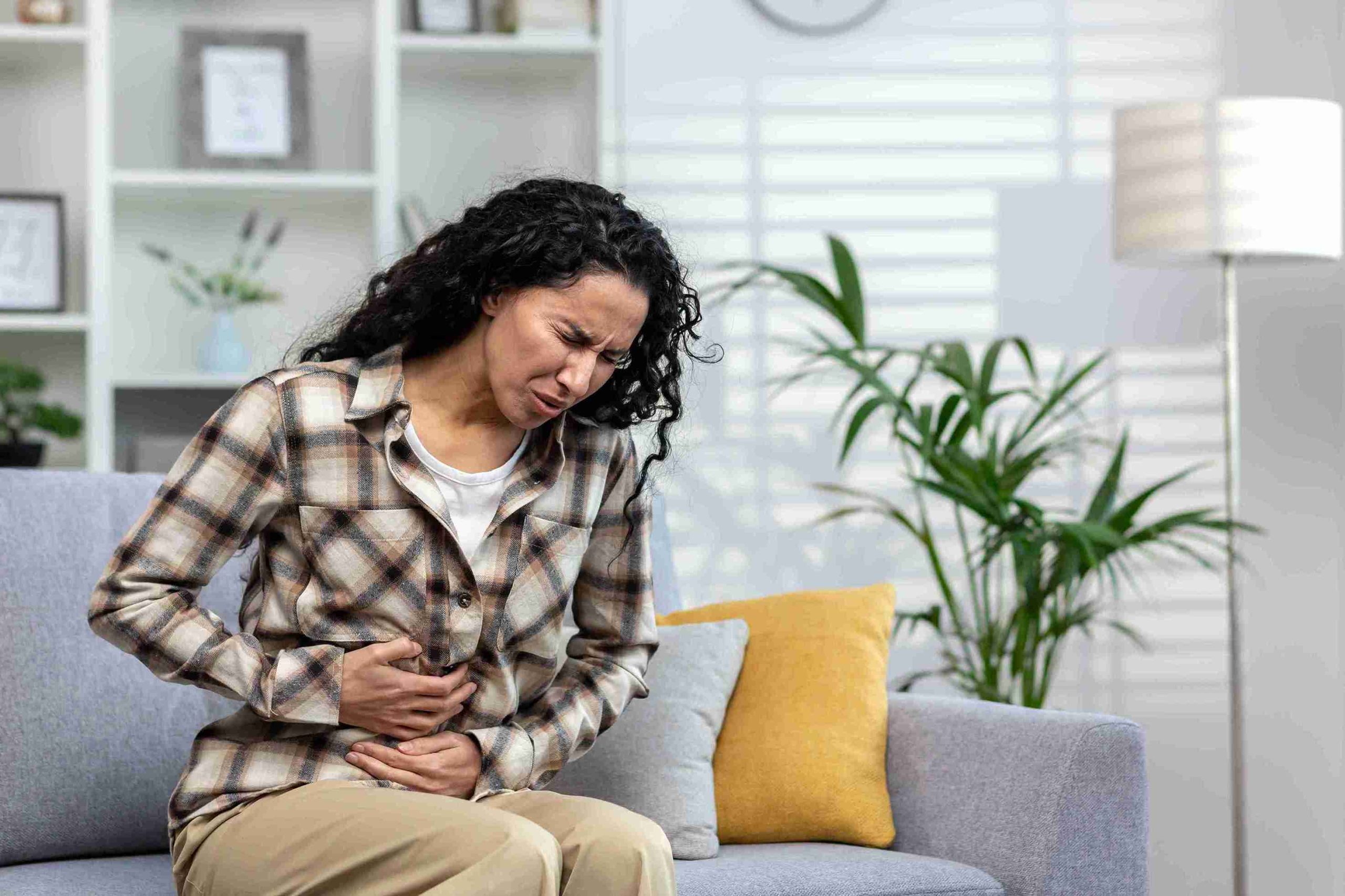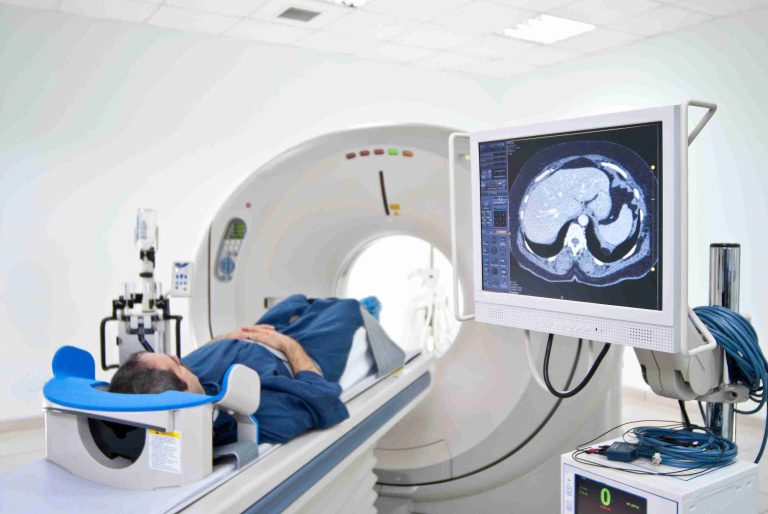Gastric pain is one of the most common digestive complaints in Singapore. It can range from mild discomfort to sharp, severe pain that interferes with daily life. While occasional gastric pain may be harmless, recurring or persistent symptoms can point to underlying conditions such as gastritis, ulcers, or acid reflux. Many people wonder if gastric pain can be prevented altogether. The good news is that with the right lifestyle adjustments, dietary changes, and regular medical check-ups, it is possible to significantly lower the risk of developing gastric issues.
Understanding the Causes of Gastric Pain
Before looking at prevention, it’s important to understand what causes gastric pain. The most common culprit is excess stomach acid irritating the stomach lining. This can happen when you skip meals, eat large portions, or consume foods that trigger acidity.
Other factors include stress, certain medications like non-steroidal anti-inflammatory drugs (NSAIDs), smoking, or heavy alcohol consumption. Infections, such as Helicobacter pylori bacteria, are also known to cause chronic gastritis and ulcers. By identifying the triggers, you can take targeted steps to avoid them and reduce the likelihood of experiencing gastric pain.
The Role of a Balanced Diet
One of the most effective ways to prevent gastric pain is by maintaining a healthy and balanced diet. Avoiding spicy, oily, and highly acidic foods can help reduce irritation of the stomach lining. Instead, opt for bland, easily digestible meals such as steamed vegetables, lean protein, and whole grains.
It’s also important to eat smaller, more frequent meals rather than large portions. Overeating can increase the production of stomach acid and put unnecessary pressure on the digestive system. Additionally, avoid lying down immediately after meals, as this can cause acid reflux and discomfort.
Hydration also plays a vital role in digestive health. Drinking enough water throughout the day aids in digestion and helps maintain the stomach’s natural protective lining. However, limit caffeinated and carbonated drinks, as they can trigger gastric acid production.
Managing Stress for Better Digestive Health
Stress is a well-known contributor to epigastric pain. When you are under stress, your body produces hormones that can affect digestion and increase stomach acid secretion. Chronic stress can also lead to unhealthy eating habits, further worsening digestive issues.
To prevent stress-induced gastrointestinal discomfort, consider incorporating relaxation techniques into your daily routine. Activities like deep breathing, yoga, or mindfulness meditation can help calm your mind and support better digestive health. Regular physical exercise not only reduces stress but also promotes healthy digestion by improving gut motility.
Avoiding Harmful Habits
Certain lifestyle habits can significantly increase the risk of peptic discomfort. Smoking, for instance, weakens the stomach lining and makes it more vulnerable to acid damage. Excessive alcohol intake has a similar effect, causing inflammation and irritation of the stomach lining.
If you frequently rely on painkillers or anti-inflammatory medications, consult your doctor about safer alternatives or protective medications that reduce gastric side effects. Making a conscious effort to eliminate or reduce these harmful habits can greatly decrease your chances of developing gastric discomfort.
The Importance of Regular Meals and Sleep
Skipping meals is a common cause of upper abdominal pain because it leaves your stomach empty, allowing acid to accumulate. Eating on time helps regulate stomach acid production and prevents irritation. Try to maintain consistent meal times every day, even on busy schedules.
Quality sleep is equally important for digestive health. Poor sleep patterns or staying up late can disrupt the body’s natural rhythms and lead to an overproduction of stomach acid. Aim for 7–8 hours of restful sleep each night to support your digestive system.
Medical Check-Ups and Early Intervention
Sometimes gastric pain may be a symptom of an underlying medical condition that requires professional attention. Regular health check-ups allow early detection of problems like gastritis, ulcers, or H. pylori infections, which can be treated before they worsen.
If you experience persistent or worsening gastric pain, unexplained weight loss, difficulty swallowing, or vomiting blood, seek medical care immediately. These symptoms could indicate more serious conditions that require prompt treatment. Early intervention not only relieves discomfort but also prevents long-term complications.
Using Medications Wisely
In some cases, preventive medications may be recommended for individuals who are prone to gastric pain. For example, doctors may prescribe antacids, proton pump inhibitors (PPIs), or H2 blockers to reduce acid production and protect the stomach lining.
However, self-medicating without professional advice is not advisable. Overusing acid-suppressing drugs can lead to other complications, such as nutrient malabsorption. Always consult your doctor before starting or continuing any long-term gastric medication.
Can Supplements Help?
Some people turn to supplements like probiotics or digestive enzymes to support gut health. While these may help improve digestion, they are not a substitute for a healthy diet and lifestyle. Always discuss with your healthcare provider before adding supplements to your routine, especially if you have existing medical conditions.
Prevention Through Long-Term Lifestyle Changes
Ultimately, preventing gastric pain is about long-term lifestyle management. Simple but consistent changes—such as eating balanced meals, managing stress, avoiding harmful habits, and staying hydrated—can go a long way in keeping your stomach healthy.
Listening to your body is also key. If you notice certain foods or habits trigger discomfort, adjust accordingly. Prevention is always easier and more cost-effective than treating chronic gastric issues later on.
Conclusion
So, can gastric pain be prevented? In most cases, yes. By adopting a healthy lifestyle, making conscious dietary choices, managing stress, and seeking timely medical care, you can significantly lower your risk of experiencing gastric pain. While occasional discomfort may still happen, these proactive steps will keep your digestive system in good shape and reduce the chances of serious complications. Remember, prevention is always better than cure when it comes to your digestive health.







